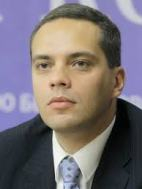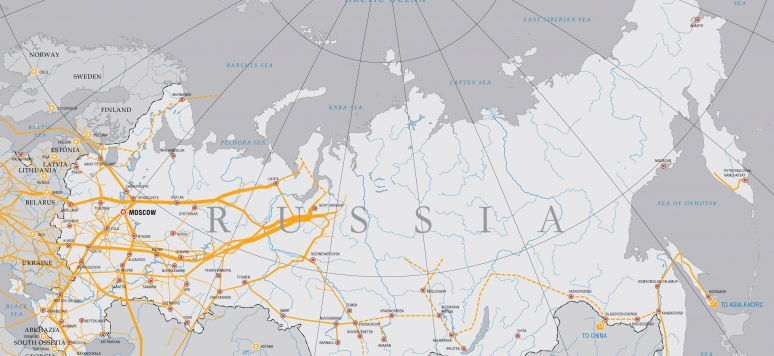Myths of Russian Energy Policy : Gas Deal with China, South Stream and relations with the EU

Practical information
Themes and regions
Related centers and programs
By personal invitation only
Vladimir Milov is a Russian opposition politician, publicist, economist & energy expert. Former Deputy Minister of Energy of Russia (2002), adviser to the Minister of Energy (2001-2002), and head of strategy department at the Federal Energy Commission, the natural monopoly regulator (1999-2001). Founder and president of the Institute of Energy Policy, a leading independent Russian energy policy think tank (since 2003).
The energy policy is a cornerstone of Russian foreign policy. Since Soviet times and until recently it was centered on relations with European countries. The gas agreement concluded with China in May 2014, the abandonment of South Stream and the evolution of EU approaches in energy matters question these fundamentals. What are the realities and the trends in Russian energy policy and what is the impact on UE-Russian energy relations?

Related Subjects
Other events

Paris Naval Conference 2026: Naval Rearmament and Operations in Contested Waters
This fourth edition of the Paris Naval Conference (CNP), bringing together high-level military, industrial, and academic speakers, will address the challenges associated with general naval rearmament and naval operations in increasingly contested environments.





